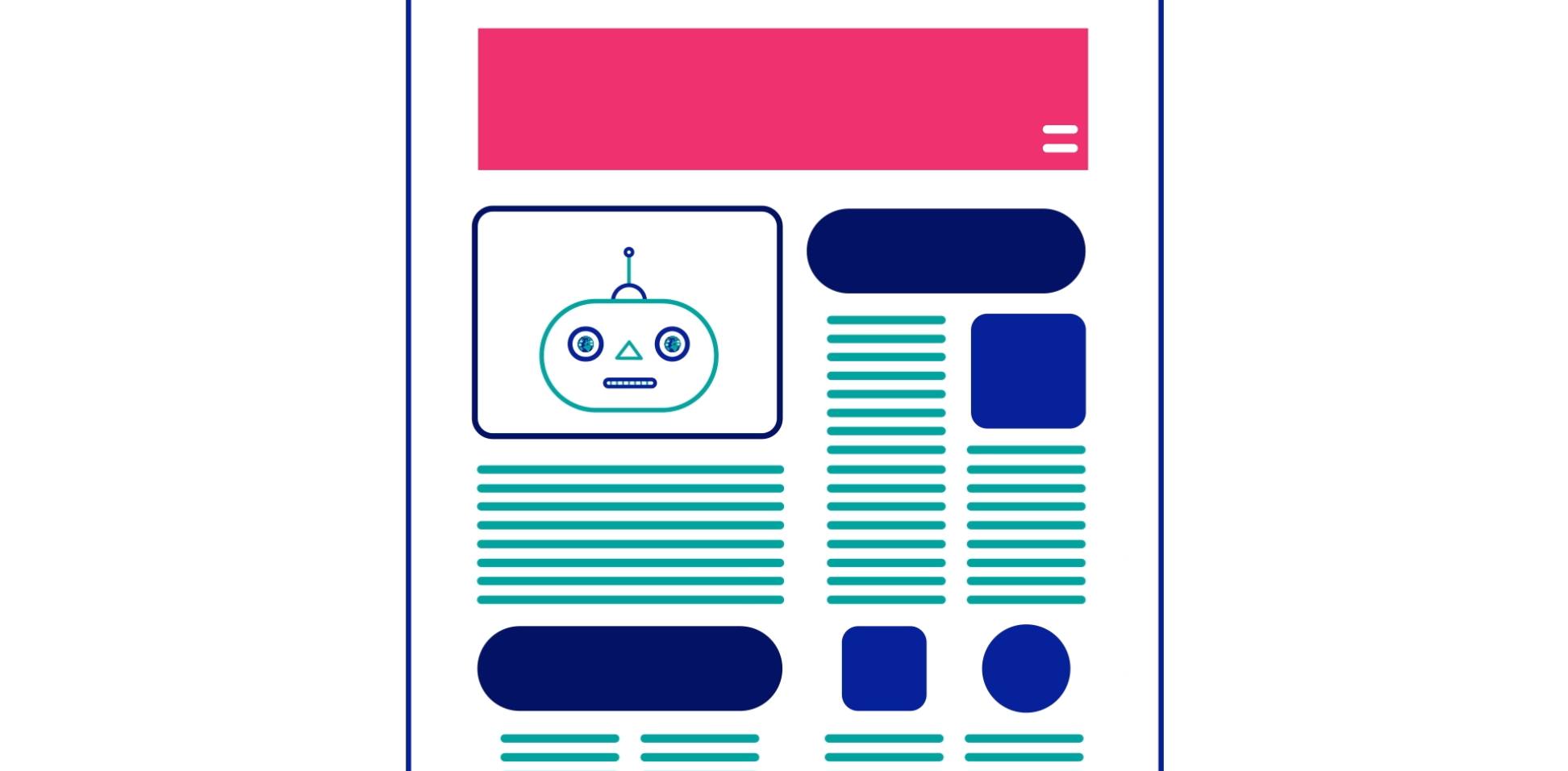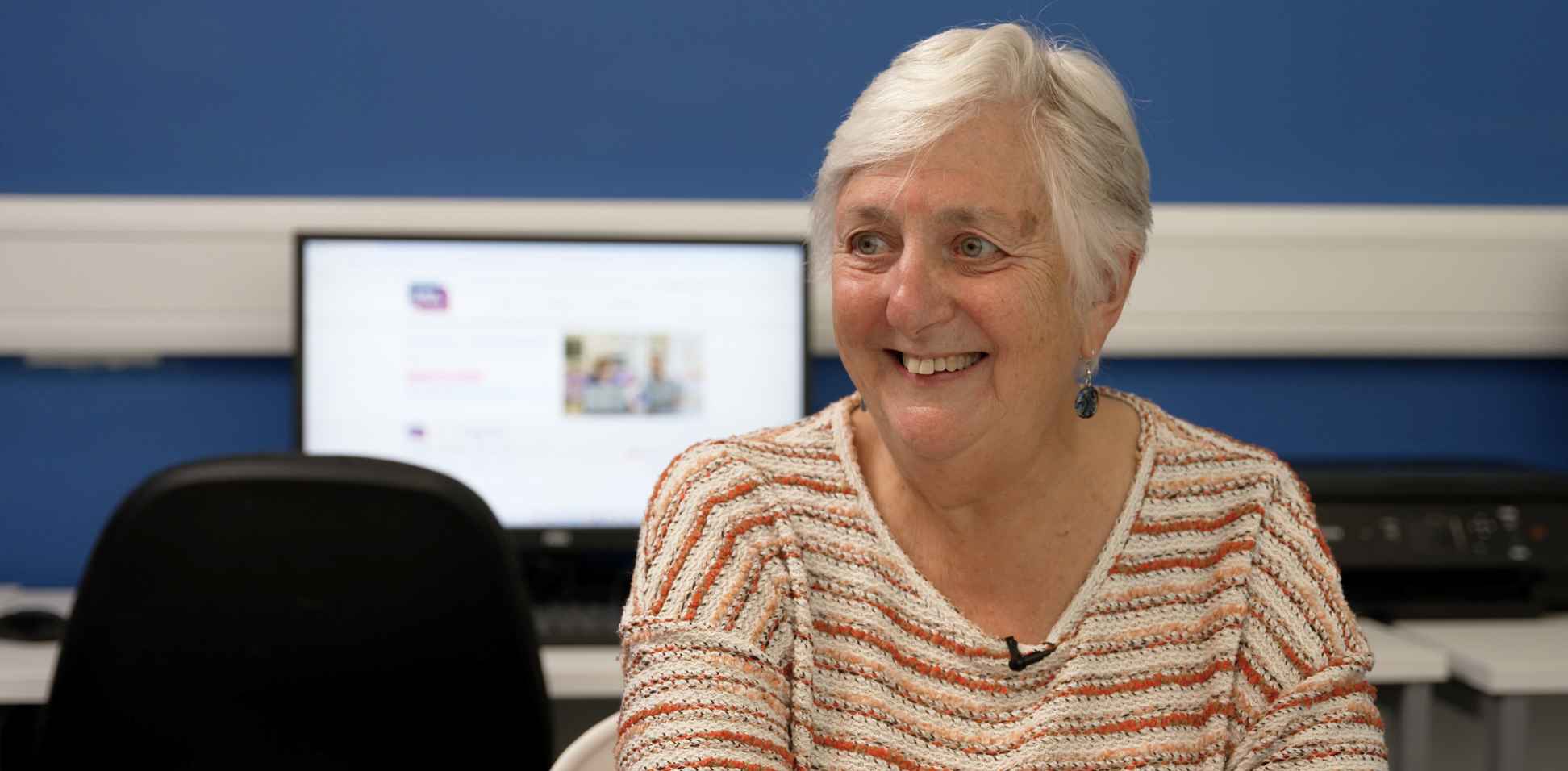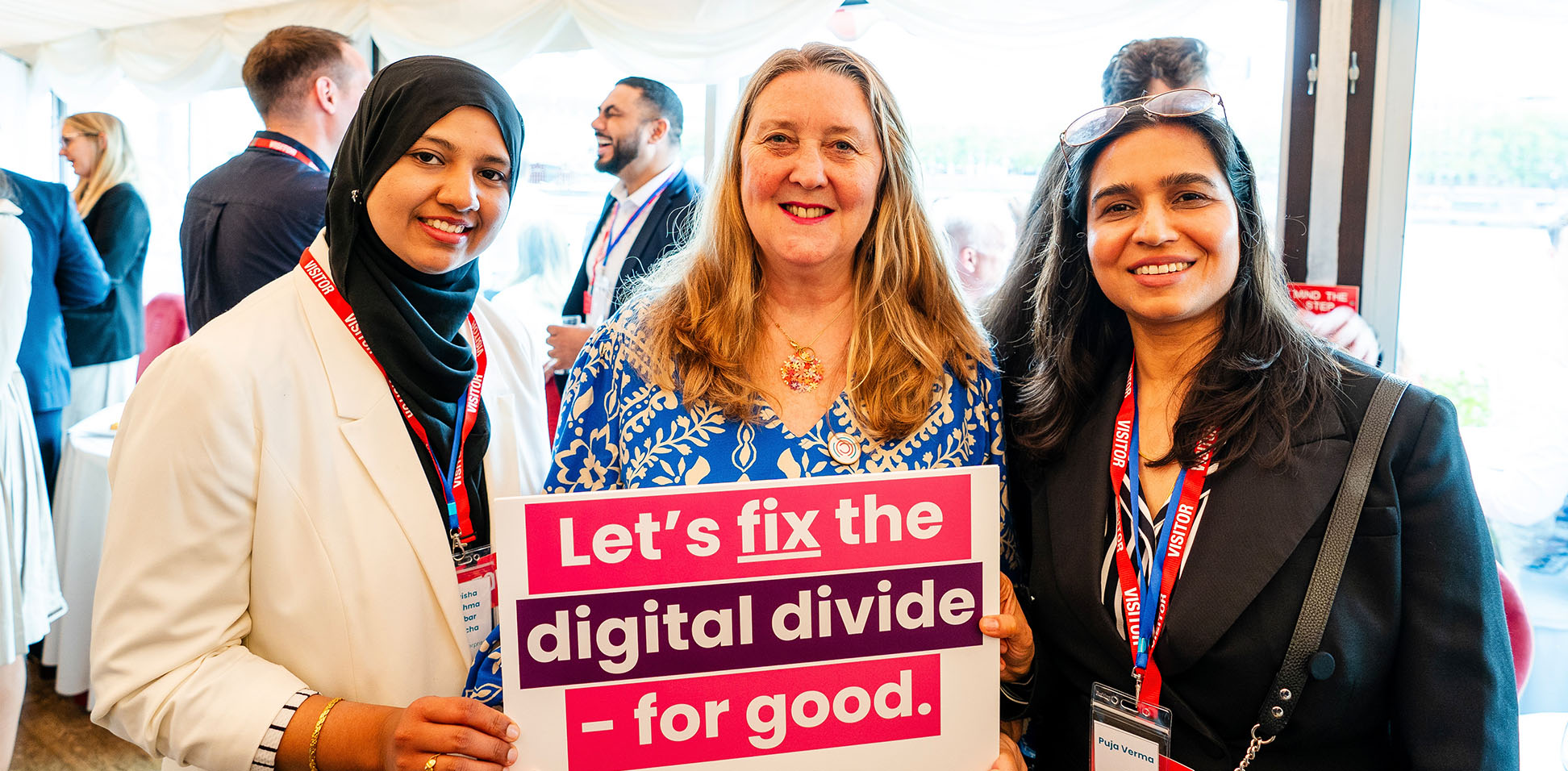New research reveals Britain’s AI confidence gap risks leaving millions left behind
It reveals over a third (38%) of UK adults feel less confident going online since the rise of artificial intelligence (AI) tools.
UK adults less confident going online due to AI rise
New research from the UK’s leading digital inclusion charity, Good Things Foundation, reveals over a third (38%) of UK adults feel less confident going online since the rise of artificial intelligence (AI) tools such as ChatGPT and Gemini.
With almost 8 million adults already struggling with the digital basics, AI risks leaving these individuals further behind with lots of Brits intentionally avoiding essential online services such as online banking (16%), shopping (15%) and using NHS services (14%) over the past twelve months.
Rise of AI deepens mistrust online
Over half (55%) of Brits have used AI tools such as ChatGPT, Gemini or CoPilot, yet uncertainty is still widespread, with 69% saying it makes it harder to know what is real.
50% aren’t confident recognising whether news is AI-written (rising to 67% among over 65s), 48% say the same for social posts, and 45% for videos and images.
Across common tasks from translation to image creation, a third (34%) on average rate AI as not trustworthy.
Lack of confidence online is heightened for those with limited or no broadband access - 49% of whom say the rise of AI has made them less confident to go online, higher than the UK average of 37%.
Free AI Gateway learning platform
To help people build practical skills and trust, Good Things Foundation is launching a free AI Gateway learning platform, focusing on boosting AI literacy, designed with digitally excluded audiences in mind.
The platform launches ahead of Get Online Week (20th – 26th October), as three in five (61%) of adults say support or training would help them use the internet and new technologies like AI.
Helen Milner OBE, Chief Executive of Good Things Foundation said:
“Digital confidence is an essential component for full participation in society, enabling people to manage finances, find employment, and stay safe online. With rapid digital transformation and emerging tech, people are at risk of being left behind. We can’t afford to allow this to happen. For anyone lacking confidence in their digital skills, I urge them to visit our AI Gateway learning platform.”
77-year-old Phillip heard about Help Harry Help Others through a friend at his local church, following the death of his wife from cancer four years ago. He came to the centre 18 months ago and joined one of the digital skills sessions, run by National Digital Inclusion Network hub, Smartlyte - Get Families Talking.
He said:
“When my wife passed away, I suddenly realised how much I’d relied on her for anything to do with technology. I felt completely lost. And now with AI, it’s harder than ever to know what’s real and what’s fake. Without the support of SmartLyte, I’d still be too afraid to go online. Learning with them has given me the confidence to trust myself again. For people like me, that trust means everything – without it, you risk being left behind.”
Jess Wilson, CEO, Good Things Foundation Australia added:
"Across both the UK and Australia, we’re seeing the same story — people are curious about AI, but many feel unsure what’s real and what’s safe. But despite these concerns, we know that people want to learn. When the right support and guardrails are in place we see real enthusiasm to build skills and confidence. The challenge and the opportunity are global: helping everyone feel safe, capable and included. A world where everyone benefits from digital."
Good Things Foundation is highlighting these issues during Get Online Week, which is running from 20th – 26th October. During the national campaign, which is entering its 18th year, hundreds of organisations across the UK will be holding events to help people build their confidence in using the internet and improve their digital skills.
To access the AI Gateway, click here.
Our latest research was conducted by Public First. The population represented is UK adults and sample size for the online survey was 2011.
All results are weighted using Iterative Proportional Fitting, or 'Raking'. The results are weighted by interlocking age & gender, region and social grade to Nationally Representative Proportions.


